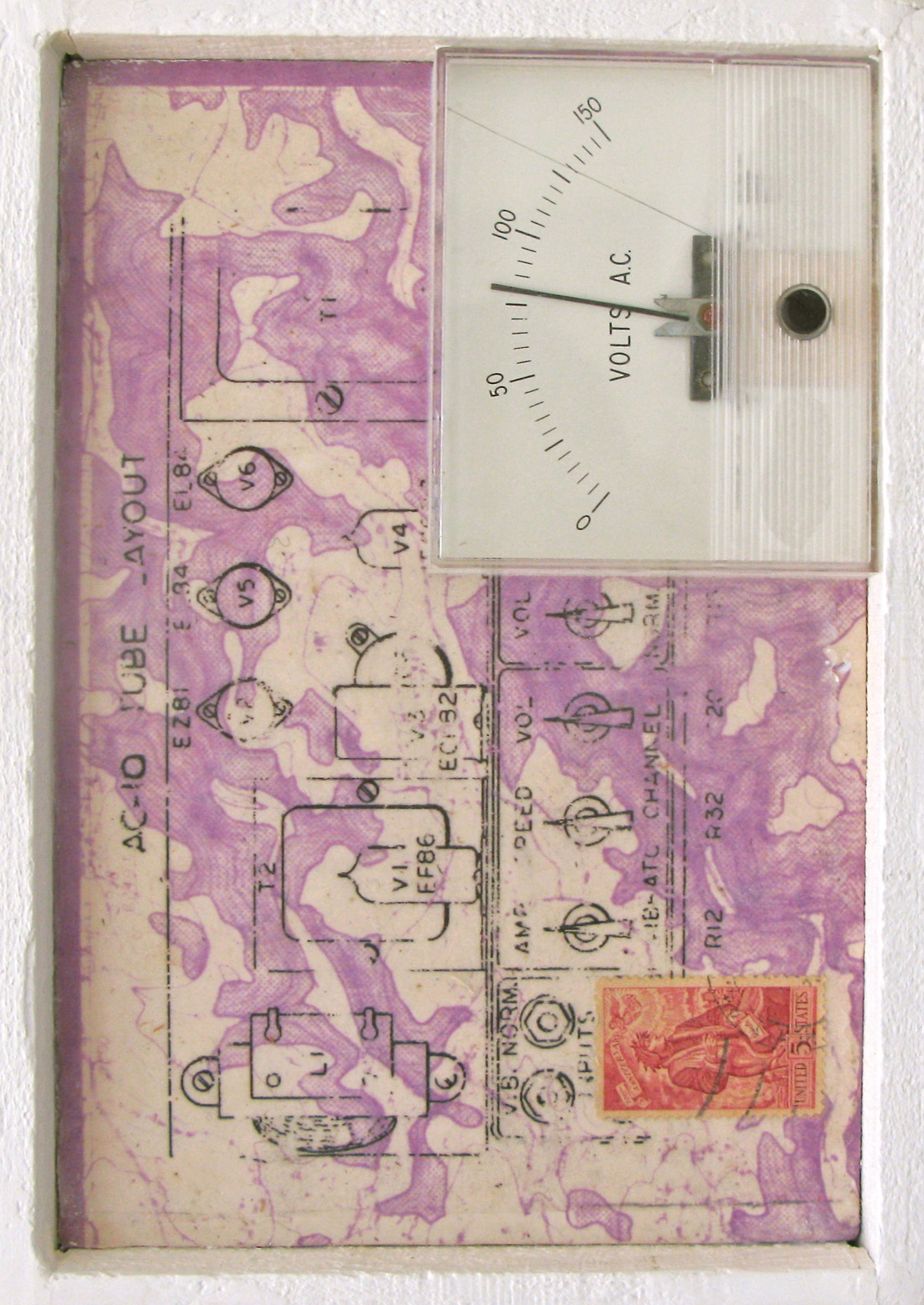People often mistake what the art of recording music actually is. Learning how to choose and set up a microphone is simple. Gain structures should be obvious, once you learn the basics. Recording software is prevalent and the rudiments are easy to grasp. Hell, even tape deck calibration can be picked up in an afternoon. These are all basic skills one can learn in school or read about in books.
But I think the true art of day-to- day record making is being able to solve problems as they present themselves. Steve Albini mentioned this recently in Tape Op #87: "I'll have a way of getting through the problem." This is the real skill that we bring to recording sessions and we all have our unique ways of solving problems.
I recently had a string of days that made me reconsider this aspect of my work:
Tuesday: I was tracking an album's worth of drums (to pre- recorded metronome/vocals/guitar) during a one-day session. The drummer was prepared and competent, but one song just wasn't gelling. It seemed to me that if he heard the (missing) bass line, the song would come together for him. The solution was to grab the bassist, plug him into a DI and record him along with the drummer. The take came together right after that.
Wednesday: We wanted to track an electric guitar in stereo, but there was a weird crackle in one amp. We swapped it for our Magnatone but the problem persisted. The guitarist went home and grabbed his Fender Super Reverb. However, after the final take, we still heard an odd crackle. During the mix I decided to put a SansAmp plug-in on the track and the noise cleared up.
Thursday: We wanted more control over the frequency balance of the mono output of an old Hammond analog drum machine. We solved it by running the DI'd output through a cheap crossover and printing the low and high tracks separately. It totally helped.
A great engineer/producer brings a huge bag of tricks, all gathered from previous experiences, to every recording session. All of this gained insight is what we offer, and in my mind the technical end of record making is only one part of any successful project. Learning everything one can about gear is important, but at in the end problem solving is what ultimately gets things done.
-Larry Crane, Editor

